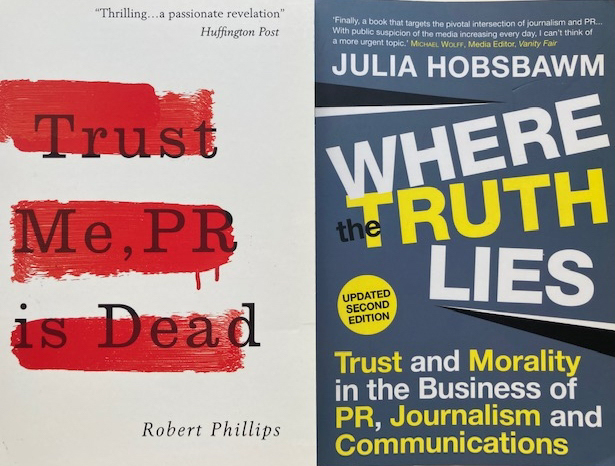Robert Phillips leads the way
The belief that PR is merely the art of crafting messages and persuading others to fall into line and ‘believe’ is now part of a historic (and increasingly discredited) lexicon….In an era of active engagement, the PR professional must not position him/herself either as kingmaker or communications serf, but instead as a true and substantive facilitator: bringing together networks and active partnerships that can share and advance interests for the common good.
Robert Phillips
We urgently need to change our language and to appreciate that citizenship is a more vital element of a healthy society than consumption without constraint… The implications for PR are this: rather than selling to consumers, we all need to listen to citizens and to root our listening and our thinking in true civic values… to enable us to rebuild a real sense of community and society. These are the very values that consumerism has badly eroded over the past few decades.
Robert Phillips

